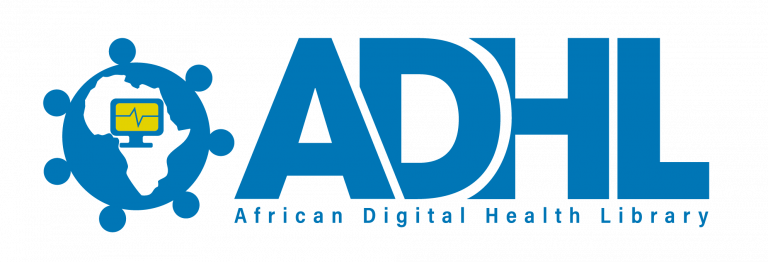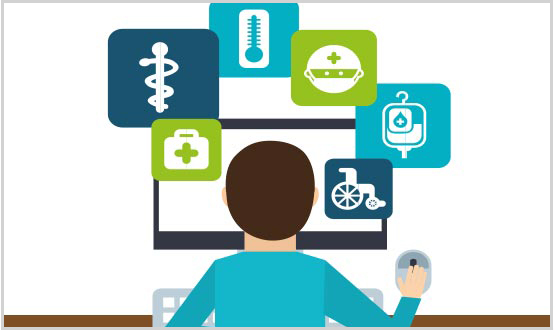The University of Zambia (UNZA) Strategic Plan (2018-2022) envisages enhancement of excellence in research and publishing in the next five years. Thus, in line with the objectives set out in the plan, UNZA library recently embarked on the digitisation of theses, dissertations; and other scholarly works produced by UNZA academic staff as part of its role of facilitating access to, and promoting visibility of, UNZA’s scholarship. UNZA library also prides itself as a pioneer in the introduction of innovative library services that transform the way it provides these services to its users. This is in line with current trends in information provision in the digital era as observed globally. In this context, UNZA library embarked on a process of digitising UNZA’s scholarship produced by its researchers, in an effort to increase its discoverability and visibility.
The Zambia Digital Health Library of the University of Zambia Medical Library aims to digitise print publications; as well as upload born digital records produced from Zambia. The project is funded by the Office of the Global AIDS Coordinator (OGAC) / United States Department of State and the United States National Library of Medicine, National Institutes of Health.
The objective of the project is to create universal access to a digital health library of theses, dissertations, and reports in the fields of health and medicine.
The project leverages on existing infrastructure, by focusing mainly on populating the digital health repository; conducting capacity building programmes; instituting advocacy and promotional programmes both within and outside the University of Zambia. This virtual library repository is being implemented in five African countries: Kenya (Kenya Methodist University and University of Nairobi), Mali (University of Science, Techniques and Technology of Bamako), Nigeria (University of Ibadan), Zambia (University of Zambia) and Zimbabwe (University of Zimbabwe).
Among the objectives the project aims to achieve in Zambia are:
• Build a digital health repository that is freely and permanently accessible online;
• Digitise a critical mass of content from the University of Zambia which will consist of theses, dissertations, medical journals, reports, and publications and materials from health-related agencies in Zambia such as reports, policy documents, clinical guidelines and strategy documents;
• Promote the use of available open access health content among health care practitioners, researchers, students, policy makers and the public; and
• Make the digital health library available on mobile devices and platforms.
The benefits of the ADHL project are expected to accrue to students, lecturers, researchers, policy, and decision-makers and any individuals that require access to vast amounts of local health information content that exist in Zambia. The information will be easy to access by anyone with access to a computer and the internet. Users will also be able to share this information as it is open access, that is, it is accessible for free. In this regard, the project will provide valuable information services that are cost-effective. The information will also be current and specific to the Zambian context.
This project can be used as a basis for building regional and thematic repositories such as those for agriculture, education, environment, and tourism, etc.
It is important that Zambia’s medical and health knowledge not only impacts the health care delivery process, but that it is digitised, made easily accessible so that it is continuously used in the local knowledge production process. This is only possible if Zambians are encouraged to write about Zambian health issues, issues that affect Zambians, and that knowledge is made easily accessible to everyone who needs it.
The ADHL Project at UNZA Medical Library is one such example, which will increase visibility and discoverability of medical and health-related documents produced by Zambians on Zambia; as well as being permanently accessible and available in an online library archive for future generations of Zambians.
The author is a Librarian at the University of Zambia.
Written by: CHRISTINE KANYENGO
Originally published at Zambia Daily Mail

